Sichuan Pepper Corn: 7 Shocking Uses You’ve Never Heard Of (But Should Try ASAP!)
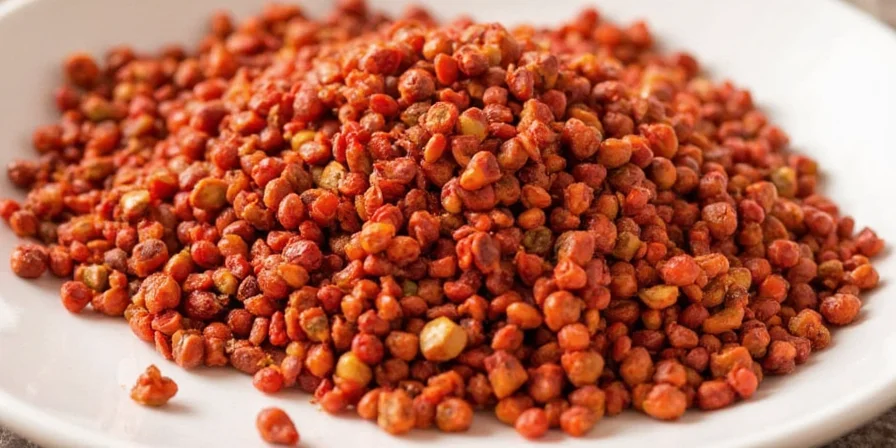
Table of Contents
- What Is Sichuan Pepper Corn Anyway?
- Myth Busting: It’s Not a Chili!
- Top 7 Unexpected Uses of Sichuan Pepper Corn
- Spice Pairings: What Goes with Sichuan Pepper Corn?
- The Science Behind That Tingling Feeling
- Buying & Storing Tips: How to Get the Best Quality
- Conclusion
What Is Sichuan Pepper Corn Anyway?
Let’s clear up the confusion right off the bat: Sichuan pepper corn is not actually a “pepper” in the traditional sense. Yep, it's not related to black pepper or chili peppers. It comes from the dried berries of the Zanthoxylum genus — a spiky bush native to China, particularly Sichuan province (duh!).
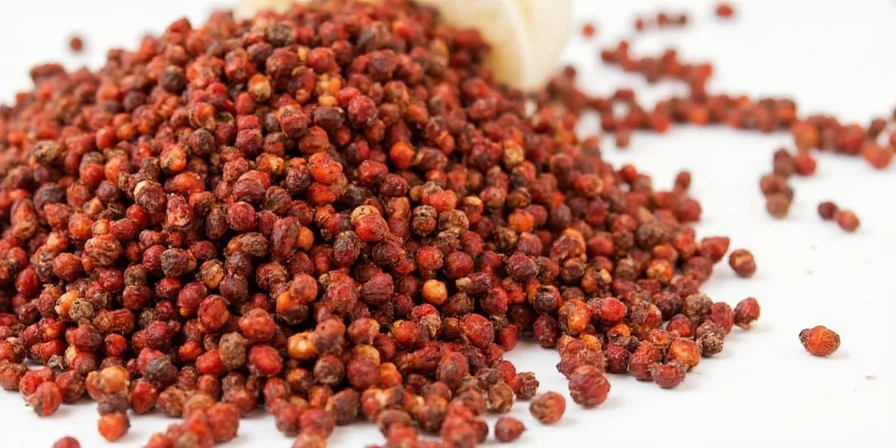
The flavor? Think citrusy, floral, slightly sweet… but then BAM! Your tongue goes numb. This tingling sensation, called má, is one of the defining characteristics of Sichuan cuisine.
Myth Busting: It’s Not a Chili!
We get it — you see “pepper” in the name and assume it’s hot like a habanero. Wrong! While Sichuan pepper corn brings intense flavor and a unique sensory experience, it doesn’t pack heat the way chilies do. Instead, it delivers that numbing tingle thanks to a compound called hydroxy-alpha-sanshool.
| Feature | Sichuan Pepper Corn | Chili Pepper |
|---|---|---|
| Scientific Family | Rutaceae (citrus family) | Solanaceae (nightshade family) |
| Main Compound | Hydroxy-alpha-sanshool | Capsaicin |
| Heat Level | Low (tingle over burn) | High (varies by type) |
| Flavor Profile | Citrus, woodsy, numbing | Smoky, fruity, spicy |
Top 7 Unexpected Uses of Sichuan Pepper Corn
Think outside the mapo tofu and try these bold ideas to spice up your kitchen (and beyond).
- Dry Rub for Grilled Meats: Mix ground Sichuan pepper corn with salt, garlic powder, and brown sugar for a smoky, tingling rub that pairs beautifully with pork or beef ribs.
- Marmalade Magic: Infuse orange marmalade with whole Sichuan peppercorns for a breakfast spread that’ll shock your taste buds in the best way possible.
- Cocktail Rimz: Combine crushed Sichuan pepper with lime zest and rim a margarita glass. Warning: this one might leave your lips buzzing more than your brain.
- DIY Tingling Salt: Toast whole Sichuan pepper corns with coarse sea salt in a dry pan. Use as a finishing touch on grilled vegetables or fried chicken.
- Spiced Honey Syrup: Simmer honey with whole peppercorns to create a syrup perfect for drizzling over cheese or adding to herbal tea.
- Numbing Ice Cream Topping: Yes, really! Sprinkle finely crushed toasted Sichuan pepper over vanilla ice cream for an avant-garde dessert twist.
- Aromatherapy Substitute: Place a few whole peppercorns in a sachet and let them sit near your workspace. The scent is invigorating and may help boost alertness (we’re serious about this one).
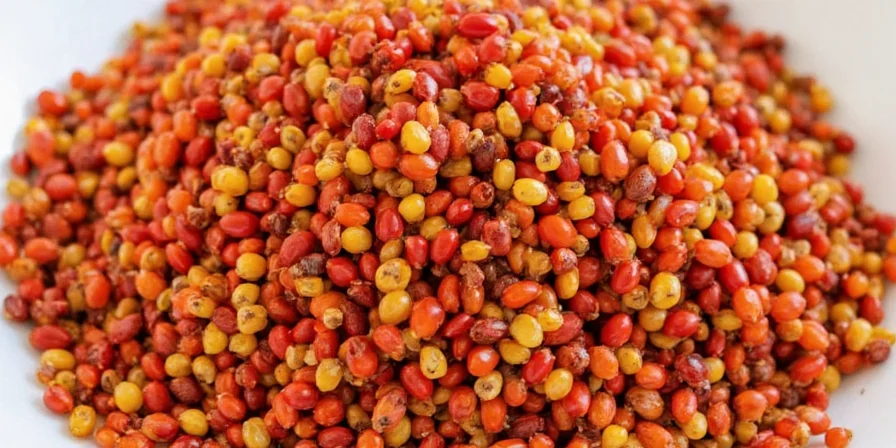
Spice Pairings: What Goes with Sichuan Pepper Corn?
Want to level up your spice game? Here are some dynamic duos that make magic when paired with Sichuan pepper corn:
- Star Anise: Its licorice-like flavor complements the citrusy notes of Sichuan pepper perfectly. Try in braised meats or stews.
- Fennel Seeds: Another licorice lover. Add both to homemade sausage or bread dough for a warm, exotic aroma.
- Ginger: A classic Chinese combo. Use fresh grated ginger with cracked Sichuan pepper in stir-fries or dressings.
- Lemon Zest: For a bright, clean flavor bomb, zest a lemon over dishes finished with a sprinkle of toasted, crushed Sichuan pepper.
- Cinnamon: Don't knock it till you've tried it! Add warmth and depth when combined with Sichuan pepper in baked goods or mulled drinks.
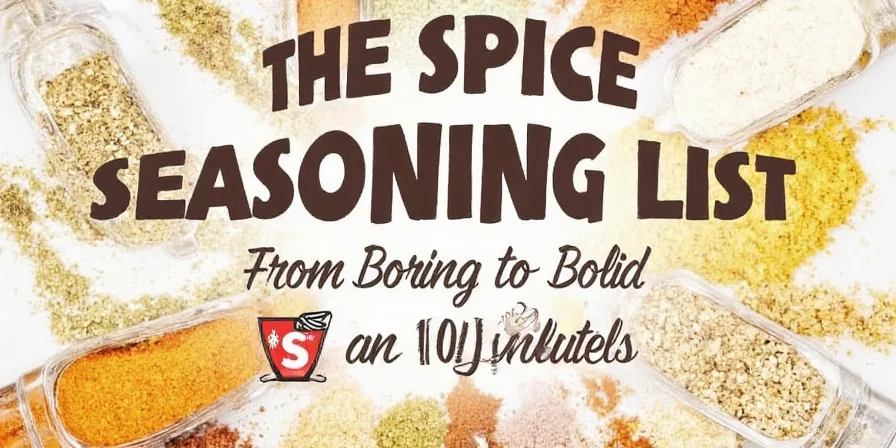
The Science Behind That Tingling Feeling
Here’s where we go full lab coat mode. The secret ingredient responsible for that signature Sichuan tingle is a molecule called hydroxy-alpha-sanshool. Unlike capsaicin, which triggers pain receptors to create a burning sensation, sanshool activates nerve endings that respond to vibration.
In other words, it tricks your brain into thinking your tongue is vibrating rapidly. And since it also temporarily blocks certain pain signals, the result is that weirdly pleasant numbing effect. Pretty trippy for a little berry!
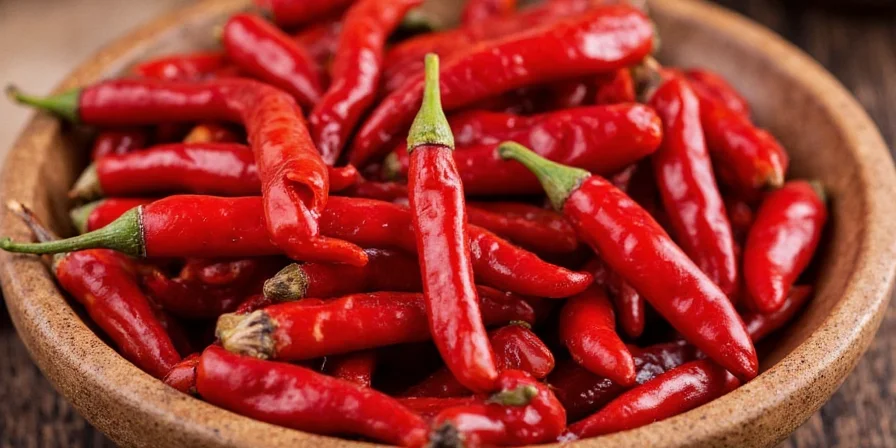
Buying & Storing Tips: How to Get the Best Quality
Ready to stock up on Sichuan pepper corns like a pro? Follow these easy tips:
- Look for Vibrant Color: High-quality peppercorns should be reddish-brown, not dull gray. If they look faded, they’ve likely lost potency.
- Smell Test: Crush one between your fingers. If it releases a fragrant, lemony scent, you’re good to go. If not, pass.
- Avoid Pre-Ground: Whole peppercorns retain flavor much longer. Grind only what you need when you need it.
- Store Smart: Keep them in an airtight container away from light and heat. They’ll stay potent for up to a year.
- To Toast or Not to Toast: Lightly toasting peppercorns in a dry pan enhances their aroma. Just don’t overdo it or they’ll turn bitter.
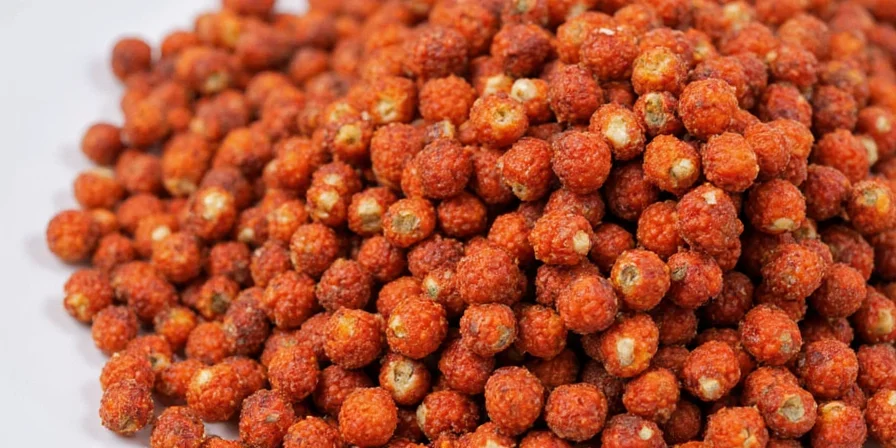
Conclusion
Sichuan pepper corn is far more than just a quirky addition to mapo tofu. Whether you're a home cook looking to spice up dinner or a spice nerd diving deep into global traditions, this tiny berry delivers a punch of flavor, science, and culture all in one.
From grilling to cocktails to DIY aromatics, there’s no limit to how creative you can get. So next time you’re reaching for the salt, give Sichuan pepper corn a spin instead. Your taste buds will thank you — after they stop tingling, that is.
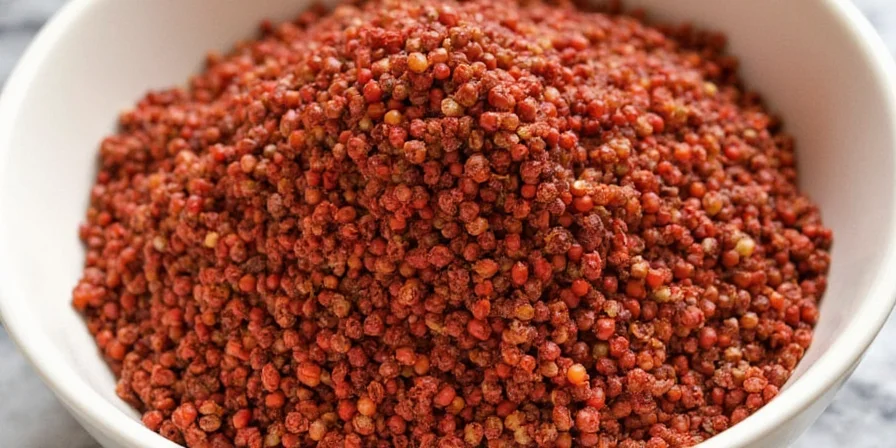

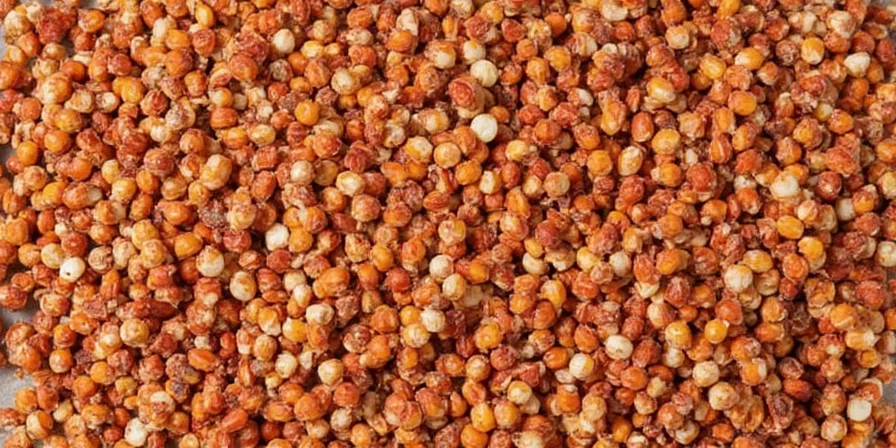









 浙公网安备
33010002000092号
浙公网安备
33010002000092号 浙B2-20120091-4
浙B2-20120091-4